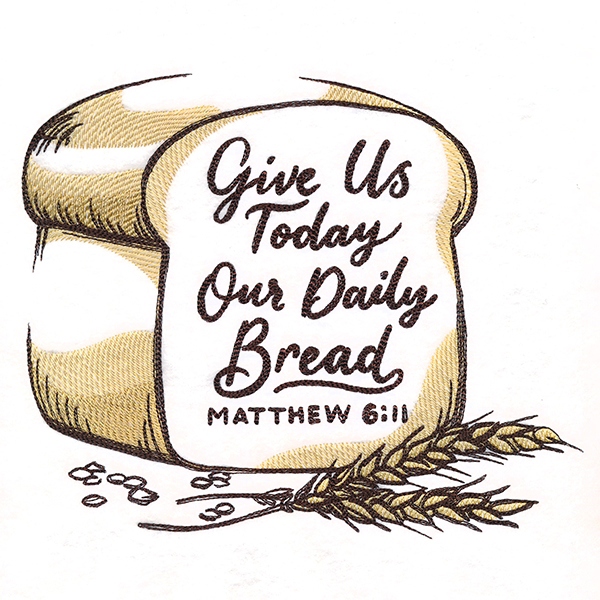Is it true that in the Lord's prayer the original word for daily bread is "epiousios" and as that word is unique to the New Testament and appears literally nowhere else in Greek literature, we don't really know the true translation of it? The word appears twice, once in Matthew 6:11 and one in Luke 11:3. It doesn’t mean “daily bread.” It’s an adjective to describe bread, seen nowhere else, which suggests it’s a neologism (a word made up for the occasion) or a legmenon (an unusal word that shows up only one time — (technically twice, since it’s in the same story told in Luke and Matthew). It does not mean “daily.” There are normal words in Greek to indicate “daily.” No, it’s more complicated. epi means upon, or over or super (as an intensifer) ousious is about being and existence, so it would probably be more accurate to translate the “daily” “our daily bread” as “super substantial” or maybe “essential” bread.
This article is pretty good plain-langauge reference on who write the canonical Gospels, and when. it’s from a Catholic source, but I suspect it would be OK with mainstream Protestant scholars.
(Disclaimer — Biblical studies are enormously complex, and I’m no Bible scholar, even though I read the whole thing — and it’s really a library of many books from different times and source — and did spend a few years studying it and a lifetime appreciating it.)

No comments:
Post a Comment
Keep your comments civil and clean. If you have to hide behind anonymous or some false identity, then you're part of the problem with comment sections. Grow up and stand up for your words/actions.